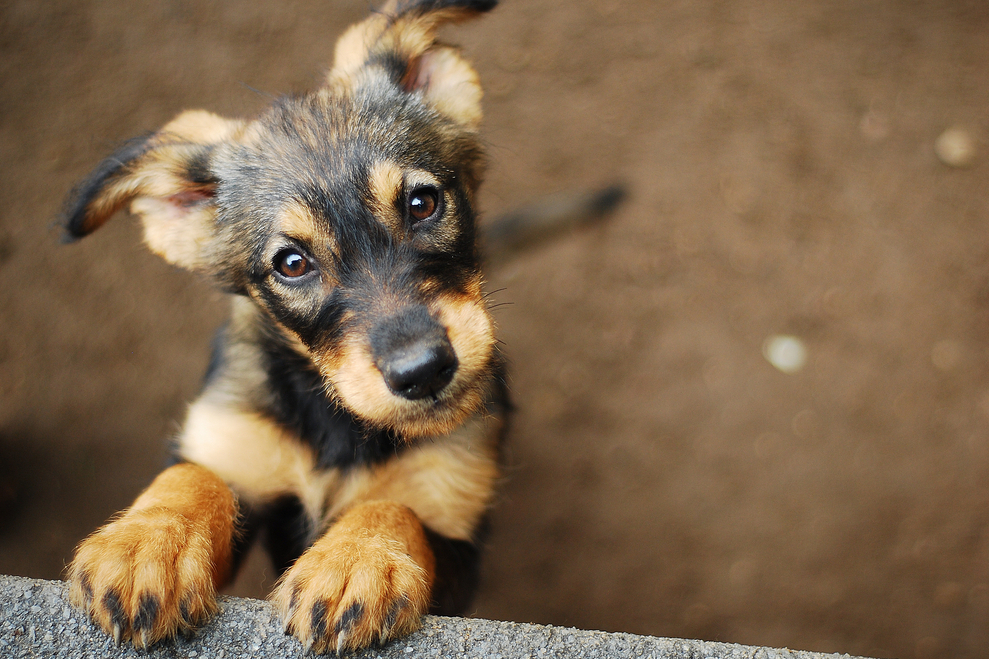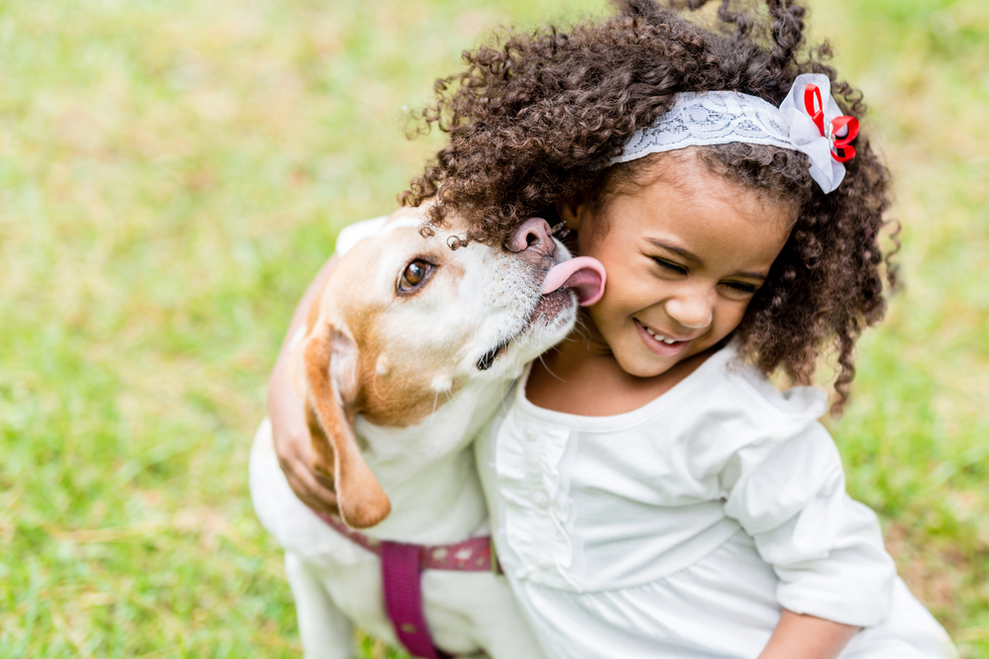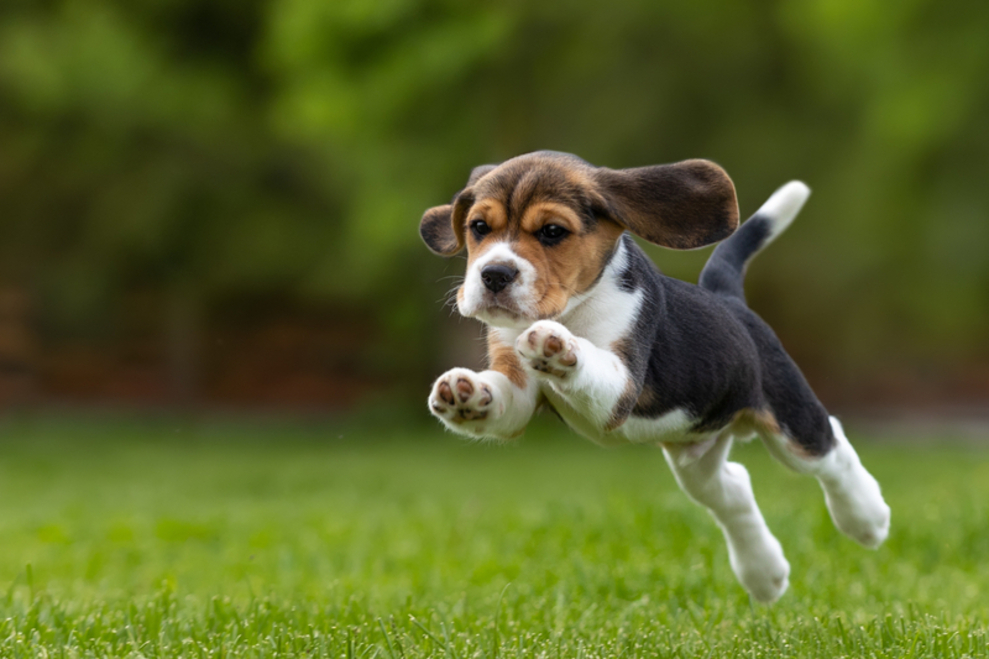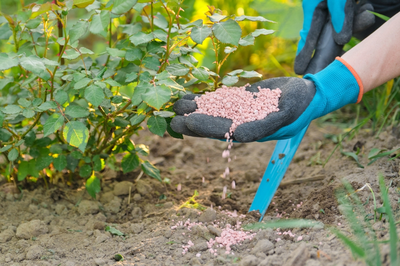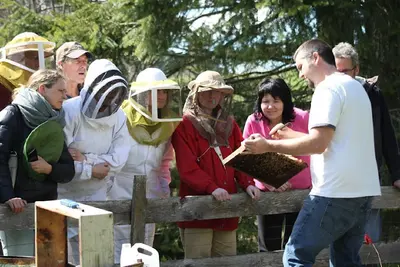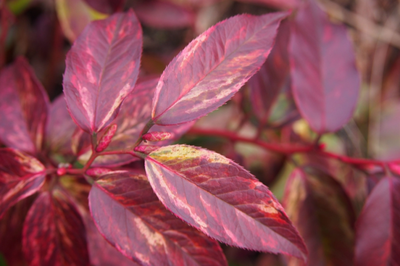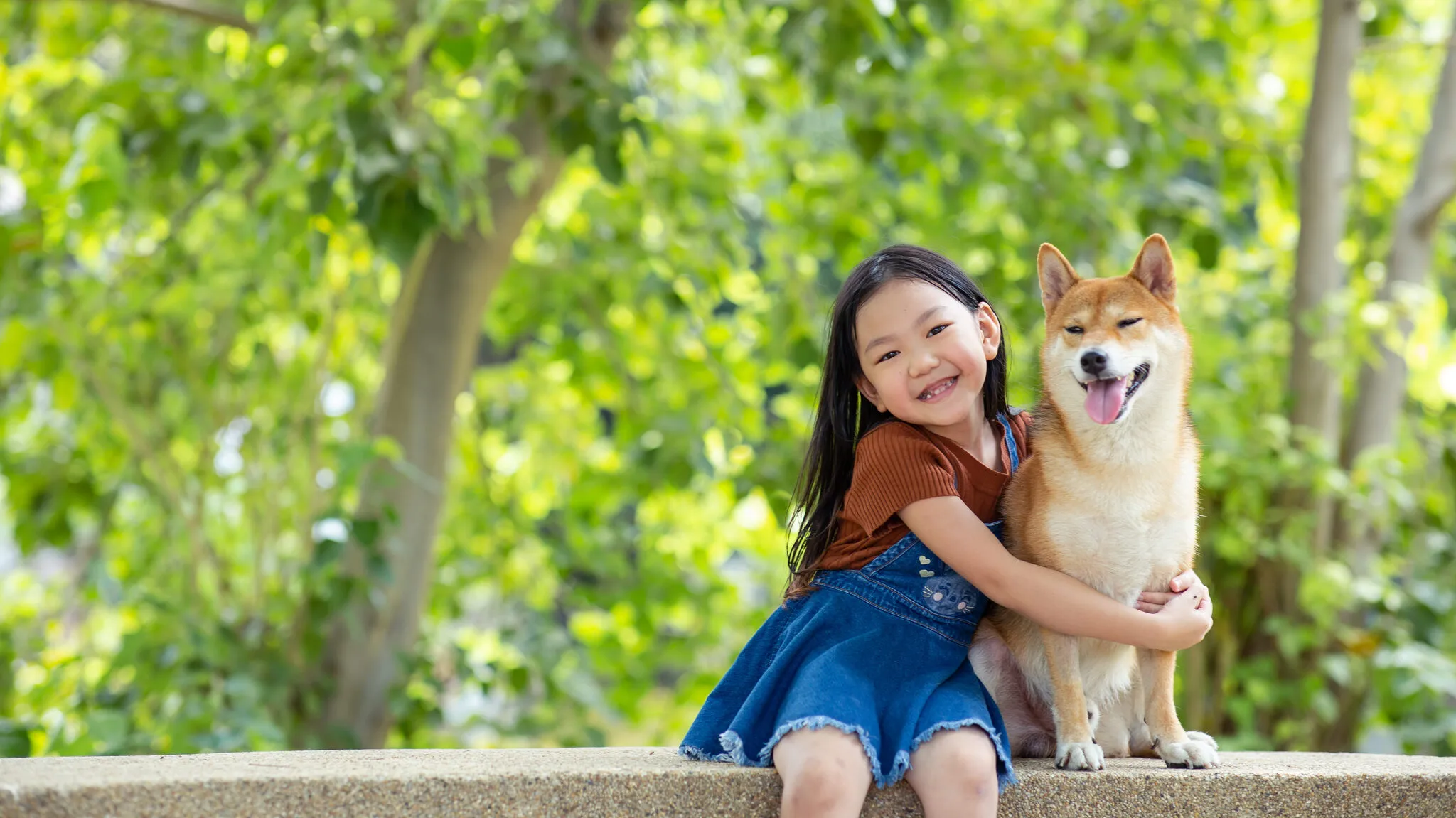
Puppy-Proof Your House
Puppies have a tremendous amount of energy and natural curiosity, and they love to explore. Before you bring your new puppy home, make sure you check your home for potential dangers and remove them. Be as protective about your puppy's surroundings as you would about a toddler's. Babies are babies!
Puppies will chew on almost everything, electrical wires, garbage, chicken bones, socks, underwear, children's toys, TV remotes, couches, and shoes just to name a few. Don’t give your puppy the opportunity to chew and destroy your belongings!
Make sure that anything within their reach is put away or placed somewhere higher out of reach. Use crates, baby or dog gates and exercise pens to keep your puppy out of mischief and safe inside and outside your house.
Indoor Safety
- Place houseplants that could be toxic out of reach, hang them from the ceiling or remove them completely. Toxic plants commonly found indoors include dieffenbachia, azalea, Calla lily, and philodendron.
- Keep all vitamins and medications, in a safe area the puppy cannot access. Puppies can easily chew a plastic container or a tube of ointment.
- Put bathroom trash cans where your dog cannot get into them.
- Make sure laundry detergent or chemical cleaners for the bathroom or kitchen cannot be reached. Use childproof latches to secure lower cupboards that hold cleaning supplies and garbage cans.
- A rocking chair can harm a puppy's tail or leg, and a curious puppy may crawl under an open recliner or sofa bed. A good hiding place when your puppy is cold is under a blanket. Be careful not to step or sit on.
- A puppy left unattended can chew on electrical cords or choke on something swallowed. Wrap electrical cords with a spiral cable wrap, or a cord concealer, to keep them safe from your puppy.
- Screen off fireplaces and wood stoves. Never leave your puppy unattended in a room with an open flame or space heater.
- Shorten or tie up cords for drapery and blinds. Your playful puppy could easily get tangled in the cords and hurt himself.
- Keep laundry off the floor. If chewed and swallowed clothing may cause a dangerous intestinal blockage.
- Keep objects like coins, jewelry, needles and thread, straight pins, yarn, dental floss, rubber bands, paper clips, fishing line, fishing rods, hooks and lures out of your puppy's reach.
- Be careful when closing doors as you walk through, your puppy may be right behind you and get a paw or a tail caught.
- Keep doors and windows closed, to prevent your puppy from escaping. Block off stairways and other rooms with a dog or baby gate. Close any doors to areas that are off limits to your puppy.
- Cat litter can cause an intestinal obstruction, if eaten and any intestinal worms the cat has may be passed on to the dog. Remove and place up higher or put in a room where your cat has access to.
- Dog-proof your garbage; uncooked meat, fish, and poultry can contain disease-causing bacteria and should not be given to your dog. Chocolate, onions, alcohol, and foods high in fat, sugar, or salt can be harmful. Tobacco products contain substances that can be toxic or fatal to dogs.
Outdoor Safety
- Provide secure fencing that your puppy cannot jump over or dig under.
- Some outdoor plants and trees can be toxic to dogs. Some dogs chew and swallow landscaping stone, which can cause dangerous intestinal blockage.
- Make sure gasoline, oil, paint, lawn fertilizers and insecticides, are placed out of reach. Be especially careful with antifreeze and rat poison, both of which can be deadly to your puppy if ingested.
- Pools, ponds, and hot tubs in your yard should be covered or fenced off.
- Fire pits and barbecues; pose the potential of causing burns.
- Keep all food and other garbage in securely closed containers. Used coffee grounds can contain harmful amounts of caffeine, and decomposing food may contain toxic molds. Keep compost in a secure bin.
- Look at other areas in your yard, for items that could be a hazard to your puppy, such as broken glass, exposed nails, or other sharp objects.
Have more questions? Visit your local Buckerfield's and we'll be happy to help!
